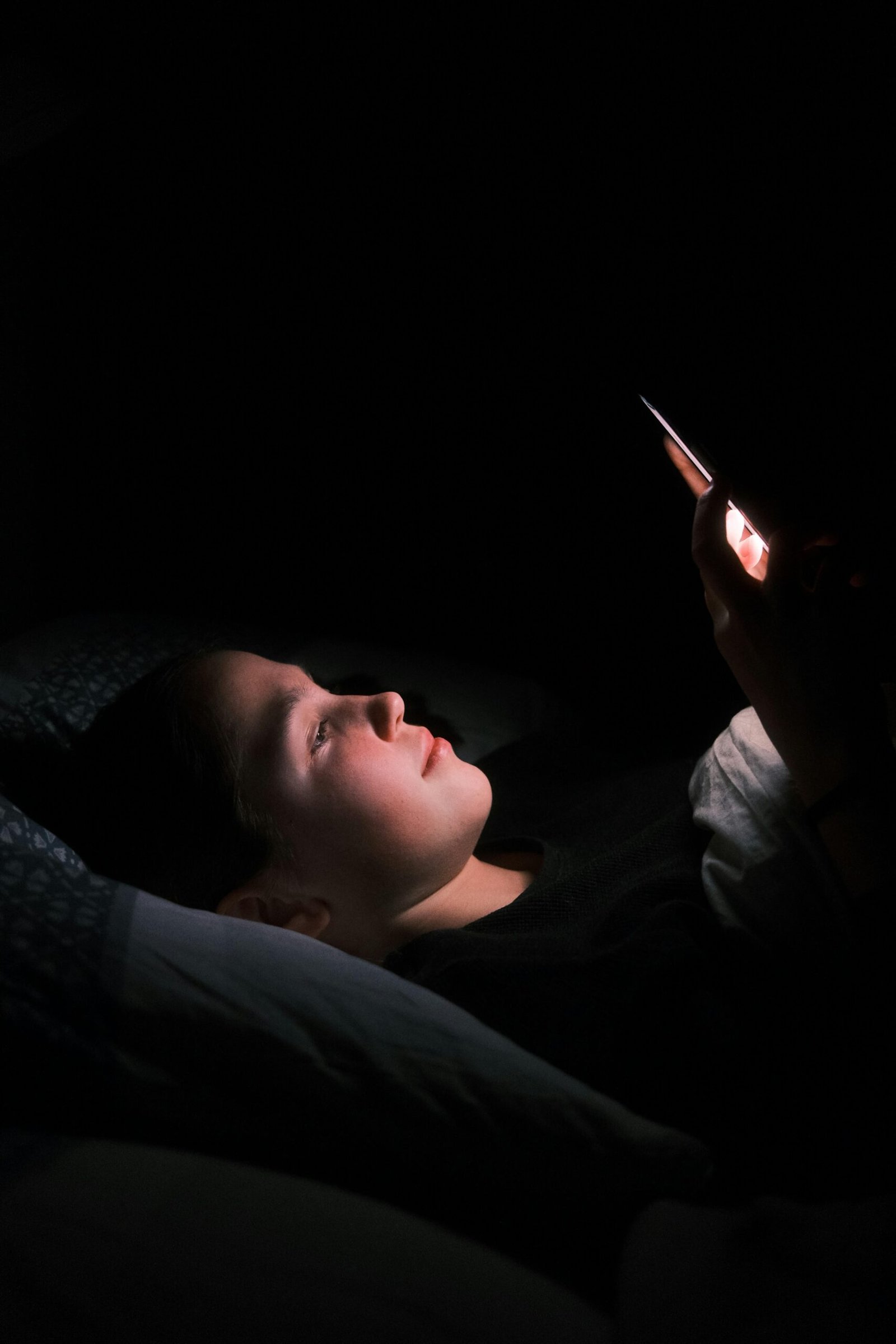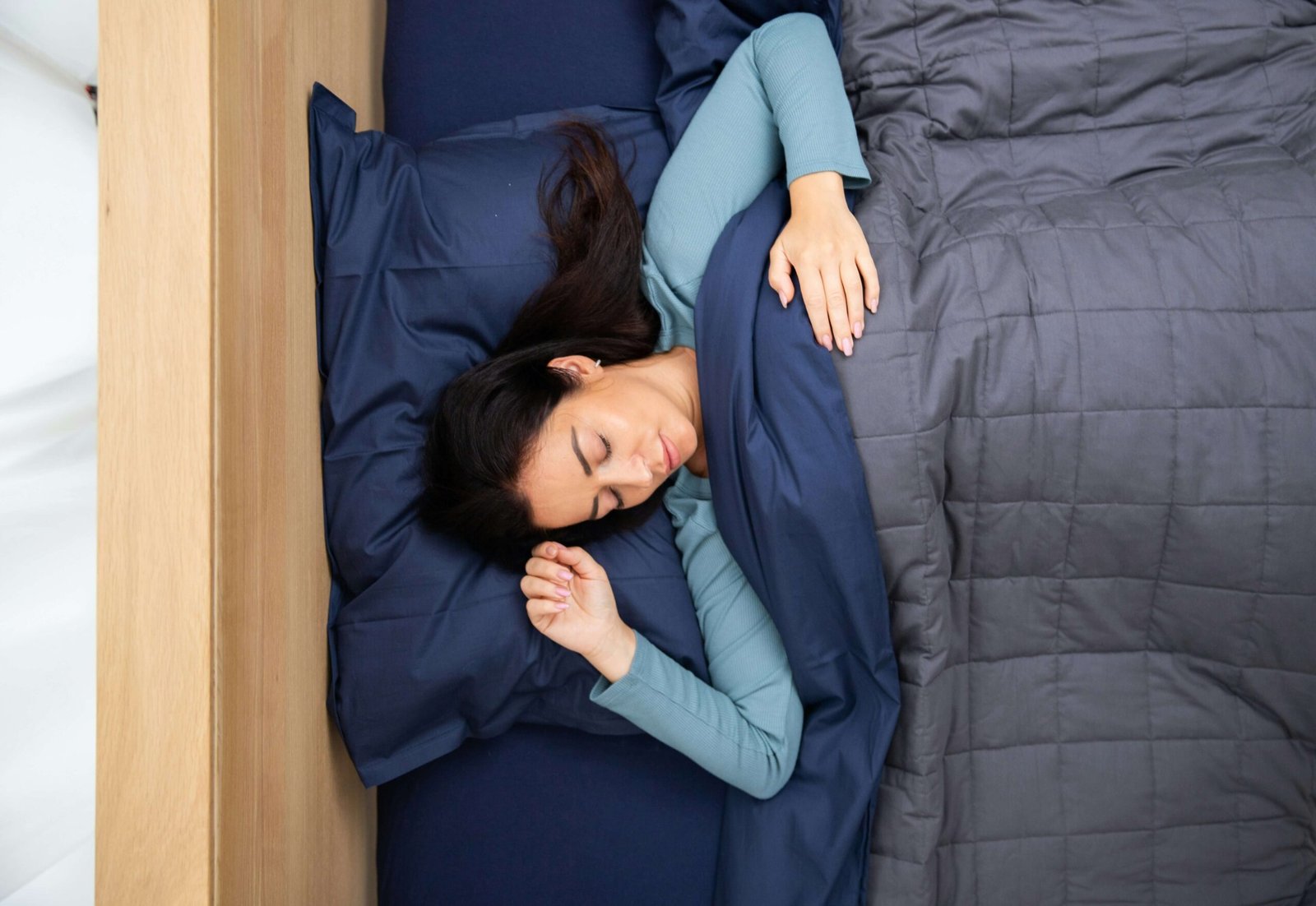Intro
Have you ever woken up feeling groggy, even after a full 7–8 hours of sleep?
That used to happen to me all the time — until I learned that not all sleep is created equal.
Turns out, it wasn’t the amount of sleep I was getting, but the quality. More specifically, my body was barely hitting the stage of deep sleep, the part of the cycle where real recovery happens.
In this article, I’ll share exactly why deep sleep matters and 7 natural, science-backed ways to get more of it — all without relying on pills.
What Is Deep Sleep, Really?
Deep sleep (also known as slow-wave sleep) is the third stage of non-REM sleep. It’s when your body finally stops “processing” and starts repairing:
Muscles grow and recover
Your immune system gets stronger
The brain consolidates memory and clears out toxins
You only spend about 13–23% of your night in deep sleep. But that small slice? It’s where the magic happens.
Why You Might Be Missing Deep Sleep
Even if you’re in bed for 8 hours, poor habits or stress can seriously mess up your sleep cycles. Here’s what often gets in the way:
Inconsistent sleep schedule
Caffeine too late in the day
Too much screen time before bed
Chronic stress or anxiety
No wind-down routine
I personally used to scroll my phone in bed every night — major mistake.
7 Natural Ways to Improve Deep Sleep
1. Stick to a Consistent Sleep Schedule
Going to bed and waking up at the same time daily helps your body get into a rhythm — even on weekends. When I started doing this, I noticed better dreams and fewer 3AM wakeups.
2. Cut Screens an Hour Before Bed
Blue light from phones and laptops suppresses melatonin, your sleep hormone. Try using a blue light blocker app, or better yet — swap screens for a book.

3. Add Magnesium to Your Evening Routine
Magnesium helps calm your nervous system and promote GABA, a key sleep neurotransmitter. I now drink a magnesium glycinate mix about 30 minutes before bed.
4. No Caffeine After 2PM
Even if you fall asleep just fine, caffeine can reduce your time in deep sleep. Herbal teas like chamomile are a good late-day swap.
5. Cool Your Room (16–19°C or 60–67°F)
Your body sleeps deeper when your core temperature drops. I set my room to 18°C now — feels amazing with a heavy blanket.
6. Use White Noise or Nature Sounds
They block out little noises that might otherwise pull you out of deep sleep. Rain or ocean sounds work great.
7. Try a Weighted Blanket
It stimulates deep pressure, which relaxes your nervous system. If you’re an anxious sleeper, this one’s a game-changer.

Bonus: Track Your Deep Sleep (Optional Tools)
Want to see real data? These tools can help you measure deep sleep accurately:
Oura Ring
Whoop Strap
Fitbit Sense
I use Oura — it’s not cheap, but incredibly insightful.
![]()
FAQ: What People Ask About Deep Sleep
Q: How much deep sleep should I get per night?
A: Most adults average 1.5 to 2 hours.
Q: Can I really improve it without supplements?
A: Absolutely. Sleep hygiene makes a bigger difference than you think.
Q: Do sleep apps help?
A: Some do. But be cautious — not all are accurate. Use them for trends, not diagnosis.
Final Thoughts
Improving deep sleep doesn’t have to mean overhauling your entire lifestyle.
Even implementing just 2–3 of these strategies can make a noticeable difference. I started by ditching my phone before bed and adding magnesium, and within a week, I felt more rested and alert in the morning.
If you’re serious about sleeping better, start with just one change tonight — and let your body do the rest.
